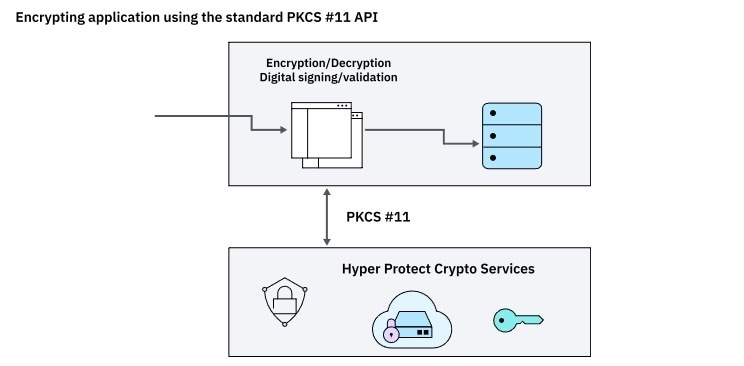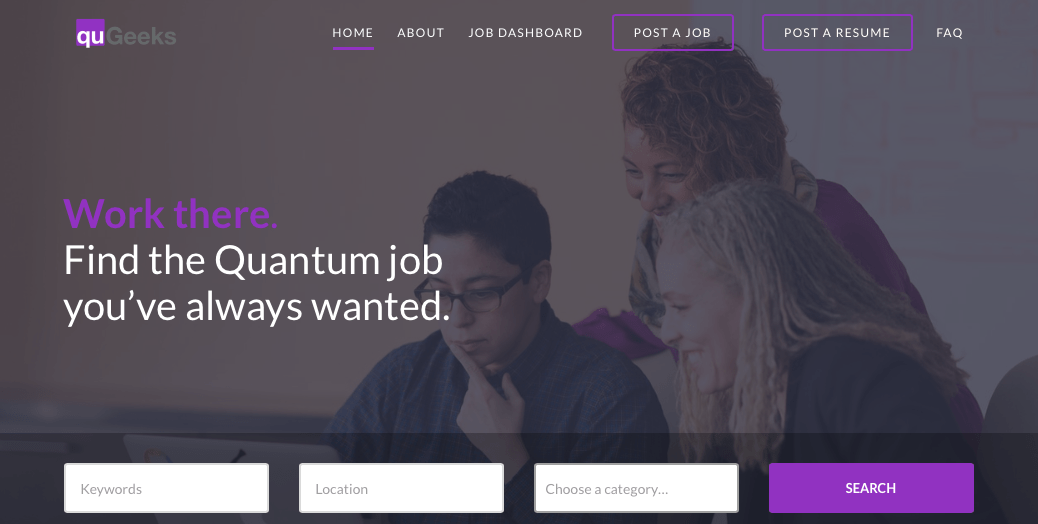by Thomas Bohn – Executive Director of the Greater Geneva Bern area (GGBa)
Switzerland is an innovation hotspot in the heart of Europe: it has been topping the Global Innovation Index for the past ten years, it boasts the highest number of patents per capita in the world, and spends around 3.4% of its GDP on R&D activities – one of the largest proportions internationally.
Throughout the years, Switzerland has been the cradle of world- and life-changing inventions, from the World Wide Web developed at CERN in Geneva in 1989, to the Doodle scheduling platform, to the Scala programming language.
ID Quantique (IDQ), the world leader in quantum-safe crypto solutions, was founded in 2001 as a spin-off of the Group of Applied Physics of the University of Geneva. The company has gone on to contribute to many world firsts, including the first quantum smartphone. More recent examples of Swiss start-ups founded by quantum research teams include Qnami, MicroRsystems, and IRsweep.
The Globe of Science and Innovation is CERN’s exhibition center. It was given to CERN in 2004 as a gift from the Swiss Confederation to mark 50 years since the Organization’s foundation.
Enabling innovation involves making initiatives, facilities and programs available that foster new ideas. The Trust Valley is a perfect example of this. Launched in 2020 by the regions of Geneva and Lausanne in Western Switzerland, Trust Valley is a public-private initiative supporting the development of cutting-edge technology and pioneering international governance in digital trust and cybersecurity.
Among its projects is Tech4Trust, a unique acceleration program for start-ups working on innovative and critical solutions for the digital transformation of industry and society. Applications are now open and international companies are welcome. Another exciting development under the Trust Valley umbrella is the Square One campus. SICPA, the world’s premier supplier of ultra-secure inks for currency notes, passports, and sensitive documents, is building a global center for the advancement of the Economy of Trust in Lausanne. As of early 2022, the Square One campus will provide governments, international corporations, universities and entrepreneurs with a secure and supportive environment to invent the systems and technologies that will underpin the societies of tomorrow.
Initiatives similar to Trust Valley spanning other sectors include the Health Valley and the Food & Nutrition Valley, as well as the world-famous Crypto Valley.
Built on the campus of Ecole Polytechnique Fédérale de Lausanne (EPFL), The Rolex Learning Center functions as a laboratory for learning, a library and an international cultural hub for EPFL, open to both students and the public.
Enabling innovation also entails ensuring cutting-edge education at all levels. The quality of the Swiss higher education sector is reflected, among other things, in international university rankings, where the two federal institutes of technology in Lausanne (EPFL) and Zurich (ETH) in particular, hold very strong positions.
Swiss researchers publish the highest number of scientific papers worldwide compared to the country’s total population. Switzerland is also top-tanked in knowledge and technology transfer, i.e. the transfer of a research result from a university lab to the general public.
This performance can be attributed to a combination of factors.
Firstly, Switzerland’s approach to innovation is bottom-up: joint projects between industry and academia are usually market-driven rather than imposed by the government. This is very clear when looking at the national innovation agency’s model: companies planning to develop innovative products, services or processes can apply for an Innosuisse grant to work together with a Swiss research institution.
Secondly, Switzerland has a favorable intellectual property environment, allowing companies to own and manage the IP generated through a joint innovation project.
Thirdly, for decades most Swiss universities have had very active services in place dedicated entirely to tech transfer, as well as specific initiatives such as Alliance, which helps initiate collaborations between industry and academia in Western Switzerland.
The numbers speak for themselves: a total of 410 start-ups have come out of EPFL labs and accelerators in the past 50-odd years, including 25 in 2020, while at the national level the number of start-ups has quadrupled since 2003.
Finally, enabling innovation means providing a secure and reliable business environment, so that entrepreneurs are able to engage in long-term projects with complete peace of mind. In an increasingly unpredictable world, Switzerland stands out as a reassuring beacon of economic, political and legal stability. This – together with the country’s liberal economic system and close integration with the economies of other countries – make it a sought-after location for global and regional headquarters of international companies. As a result, Switzerland is home to the highest concentration of Fortune 500 companies (15), as well as an array of banks, insurance, telecoms and pharma enterprises. Among the companies that have recently set up their HQ in Western Switzerland are U.S. biopharma Incyte, Indian pharma ACG Inspection, and Greek deep tech company ORamaVR.
Thomas Bohn is the Executive Director of the Greater Geneva Bern area (GGBa).
He has almost 20 years of investment promotion experience gained in Germany, Japan, France and Switzerland.
GGBa is the official investment promotion agency for Western Switzerland, bringing together the cantons of Bern, Fribourg, Vaud, Neuchâtel, Geneva and Valais. Its mission is to advise and assist foreign companies active in innovative sectors in setting up business operations in the region. Its support is tailor-made, free of charge and confidential.
www.ggba-switzerland.ch (Linkedin)
The post Switzerland: Enabling innovation in the Quantum space and beyond appeared first on Swiss Quantum Hub.




